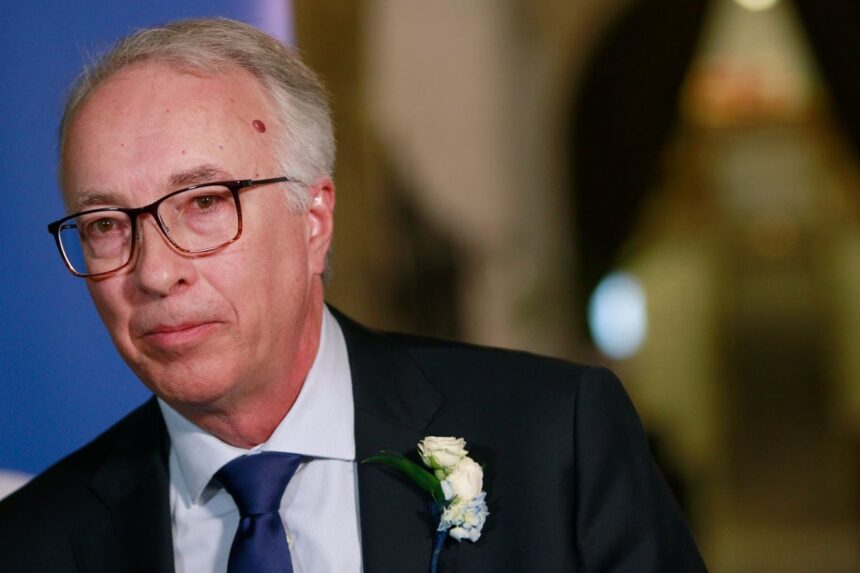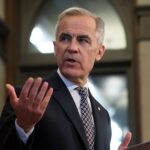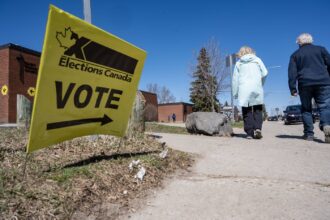In a dramatic escalation of political tensions, the British Columbia New Democratic Party has formally requested the Royal Canadian Mounted Police investigate allegations of blackmail targeting BC Conservative candidates. The accusations, which emerged late yesterday, have sent shockwaves through the province’s political landscape just weeks before crucial by-elections.
According to documents obtained by CO24 News, several Conservative candidates reportedly received threatening messages demanding they withdraw from upcoming races or face the release of potentially damaging personal information. The messages allegedly originated from anonymous email accounts with sophisticated encryption.
“These tactics have no place in our democratic process,” declared Premier David Eby during an emergency press conference in Victoria. “If proven true, this represents not just a political scandal but potentially criminal activity that undermines the very foundation of fair elections.”
The Conservative Party leadership has vehemently denied any knowledge of or connection to the alleged blackmail attempts. Party Chair Martin Reynolds issued a statement calling the accusations “a desperate attempt by the NDP to distract voters from their failed policies on housing and public safety.”
BC RCMP spokesperson Sergeant Eleanor Walsh confirmed receipt of the complaint but declined to comment on whether a formal investigation had been launched. “We take all allegations of this nature seriously and will review the materials provided,” Walsh told CO24.
Political analysts suggest this controversy could significantly impact voter confidence. “We’re seeing an unprecedented level of political hostility in British Columbia,” noted Dr. Amira Singh, political science professor at the University of British Columbia. “This crosses the line from typical campaign mudslinging to potential criminal intimidation.”
The allegations come at a particularly sensitive time for BC politics, with three by-elections scheduled next month and provincial polling showing the tightest race in over a decade. Housing affordability, healthcare access, and environmental policies have dominated campaign discussions across the province.
Internal Conservative Party documents reportedly show growing concern among leadership about the potential fallout, with emergency strategy sessions scheduled throughout the weekend. Meanwhile, the NDP campaign has intensified its messaging around ethics and integrity in governance.
For voters in British Columbia, this controversy adds another layer of complexity to an already contentious election season. Community organizer Teresa Huang expressed the sentiment of many citizens: “We want to hear about solutions to our actual problems, not this kind of political theater. But if laws were broken, there needs to be accountability.”
As this situation unfolds, the question remains: will these serious allegations fundamentally alter the political landscape in British Columbia, or will voters separate the controversy from the substantive policy issues facing the province?










